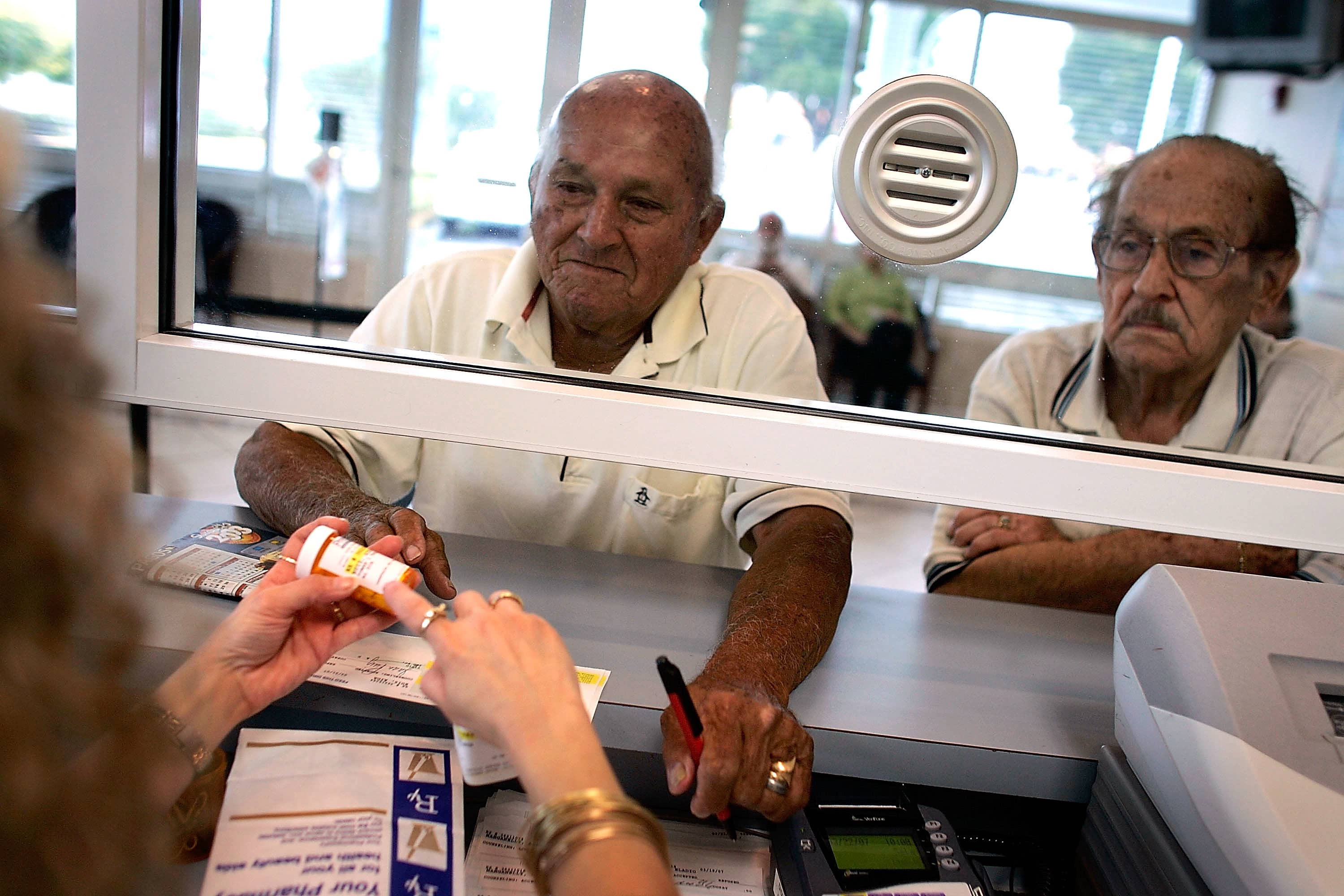Getty Images
There’s still a chance — though small — that some Medicare beneficiaries could receive some money to help with prescription drug costs.
Nearly three months after President Donald Trump announced his intent to send $200 drug-discount cards to millions of people on Medicare, the stalled plan has cleared one big hurdle: An industry group that ensures regulatory standards are met for health-benefit cards gave its approval on Monday night, according to a report in Politico.
While the group’s blessing was needed for the idea to move forward, other complications remain. For example, the administration would need a plan to let roughly 39 million beneficiaries know the cards are coming, and it’s uncertain how many could be sent out before Trump’s term ends.
“As a practical matter, there’s not much time for [the government] to pull this off, especially given other priorities related to the pandemic,” said Tricia Neuman, executive director of the Kaiser Family Foundation’s Medicare policy program.
The Biden administration, which takes over Jan. 20, is not expected to support the cards, which have received criticism for their cost ($7.9 billion) and questionable legality.
Trump first pushed his plan during a campaign speech delivered in Charlotte, North Carolina, in late September. The White House has said the cards would be paid for under a Medicare program that’s generally intended to test innovations to lower prices or improve health care.
In this case, the idea would be to measure whether the extra money would improve a person’s ability to take medications as prescribed because they could better afford them. In Medicare, there is no out-of-pocket limit for Part D prescription drug costs. However, lower-income beneficiaries already get extra help and appear to be excluded from this proposal.
“At this point, a $200 drug card looks more like a party favor than a serious attempt to address drug costs or test strategies to improve adherence to a drug regimen,” Neuman said.
Neither the White House nor the Centers for Medicare and Medicaid Services responded to requests for comment.
More from Personal Finance:
Avoid these mistakes when divvying up assets in divorce
Medicare beneficiaries worry about cost of treating Covid
Not all end-of-life decisions are covered in a will
